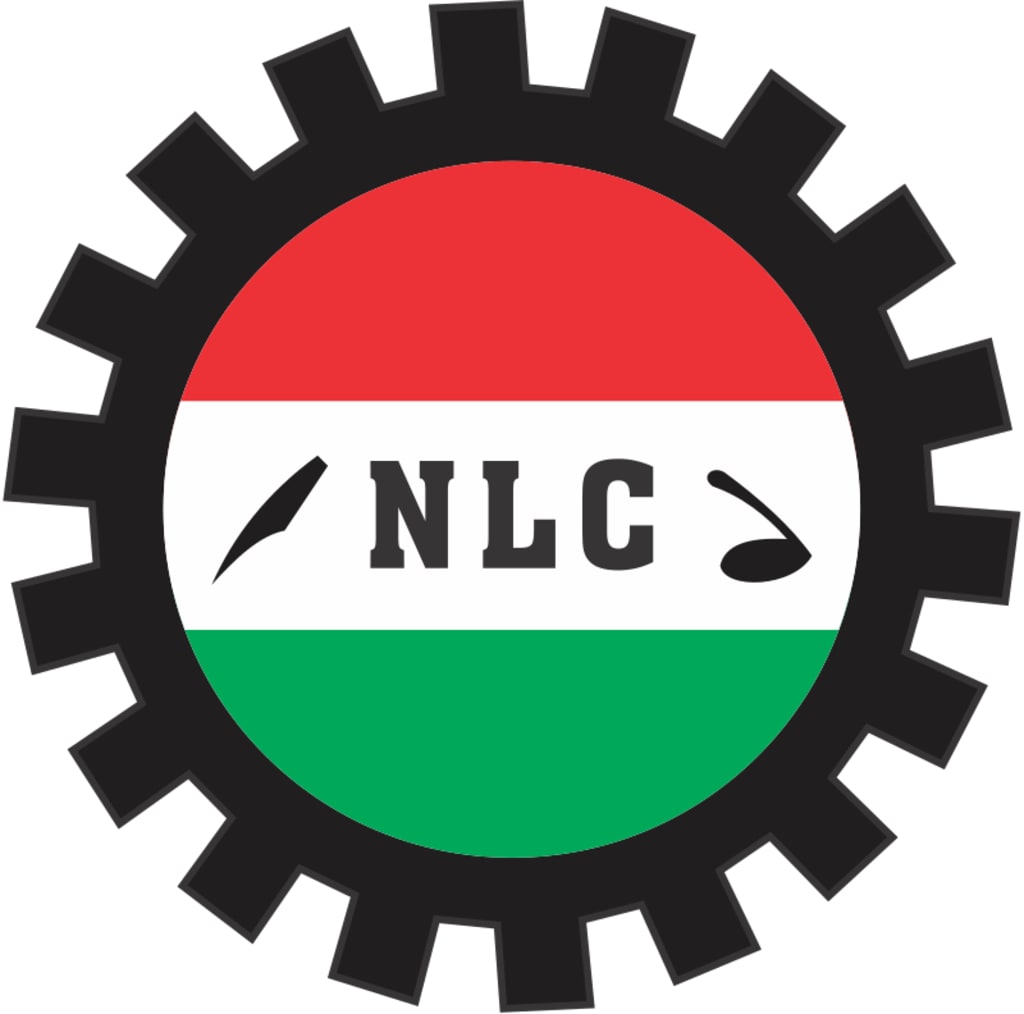
Title: NLC Strike Update: A Battle for Workers' Rights and Economic Reforms
Introduction
The Nigerian Labour Congress (NLC) strike has been making headlines in recent weeks, as workers across various sectors have taken to the streets to demand better wages, improved working conditions, and meaningful economic reforms. This article provides an update on the NLC strike, highlighting its significance in the fight for workers' rights and the broader implications for Nigeria's economy.
Background on the NLC Strike
The NLC is the umbrella organization for trade unions in Nigeria, representing millions of workers across the country. The strike action was triggered by years of frustration over stagnant wages, rising inflation, high unemployment rates, and a lack of progress in implementing economic reforms.
Workers Demand Better Wages and Working Conditions
A primary focus of the NLC strike is the demand for higher wages. Workers argue that their salaries have not kept pace with the increasing cost of living, leaving them struggling to meet their basic needs. Inflationary pressures, fueled by factors such as rising fuel prices and currency devaluation, have eroded the purchasing power of workers' wages.
Additionally, workers are calling for improved working conditions. Many have been subjected to exploitative practices, including long hours, lack of job security, and inadequate safety measures. The strike serves as a powerful message to employers and the government that these issues must be addressed to ensure the well-being and dignity of Nigerian workers.
Implications for Nigeria's Economy
The NLC strike has significant implications for Nigeria's economy. The disruption caused by the strike has affected various sectors, including transportation, education, healthcare, and public services. The closure of schools, hospitals, and government offices has put additional strain on an already struggling economy.
The strike has also highlighted the need for urgent economic reforms. Nigeria is heavily dependent on oil revenues, which make up a significant portion of the government's income. However, fluctuating global oil prices and mismanagement have exposed the vulnerability of this economic model. Workers are demanding diversification efforts to create more sustainable employment opportunities and reduce the country's reliance on oil.
Government Response and Negotiations
The Nigerian government initially responded to the NLC strike with a mix of concessions and resistance. Recognizing the legitimacy of workers' demands, the government pledged to review the minimum wage and improve the welfare of workers. However, negotiations have been challenging, with disagreements arising over the scope and pace of reforms.
Efforts to resolve the strike have involved various stakeholders, including government representatives, labour leaders, and civil society organizations. Mediation and dialogue remain crucial in finding a mutually beneficial solution that addresses workers' concerns while taking into account the economic realities and constraints faced by the government.
Social Impact and Public Support
The NLC strike has garnered significant public support, with many Nigerians expressing solidarity with the workers' cause. The strike has raised broader issues of inequality, social justice, and accountability in Nigeria. Citizens are calling for a fairer distribution of wealth, improved governance, and greater transparency in the management of public resources.
However, the strike has also resulted in some disruptions and inconveniences for ordinary Nigerians, particularly those who rely on essential services. There is a delicate balance between exercising workers' rights and minimizing the impact on the most vulnerable sections of society. Striking workers, civil society organizations, and the government must work together to mitigate the negative consequences and ensure that the strike remains a peaceful and constructive form of protest.
The Way Forward
As the NLC strike continues, it is crucial for all parties involved to prioritize dialogue, compromise, and accountability. This includes implementing meaningful reforms to address workers' demands, engaging in transparent negotiations, and fostering an environment of trust and collaboration.
Beyond immediate wage adjustments, the NLC strike presents an opportunity to initiate structural reforms that promote inclusive growth, divers
ify the economy, and strengthen the social safety net. Investing in education, healthcare, infrastructure, and job creation can lay the foundation for a more prosperous and equitable Nigeria.
Conclusion
The NLC strike reflects the growing discontent among Nigerian workers and the urgent need for economic reforms. As workers fight for better wages, improved working conditions, and long-term economic stability, it is essential for stakeholders to engage in constructive dialogue and find common ground. The outcome of the NLC strike will not only shape the lives of Nigerian workers but also have broader implications for the country's economic trajectory and social fabric.





Comments
There are no comments for this story
Be the first to respond and start the conversation.